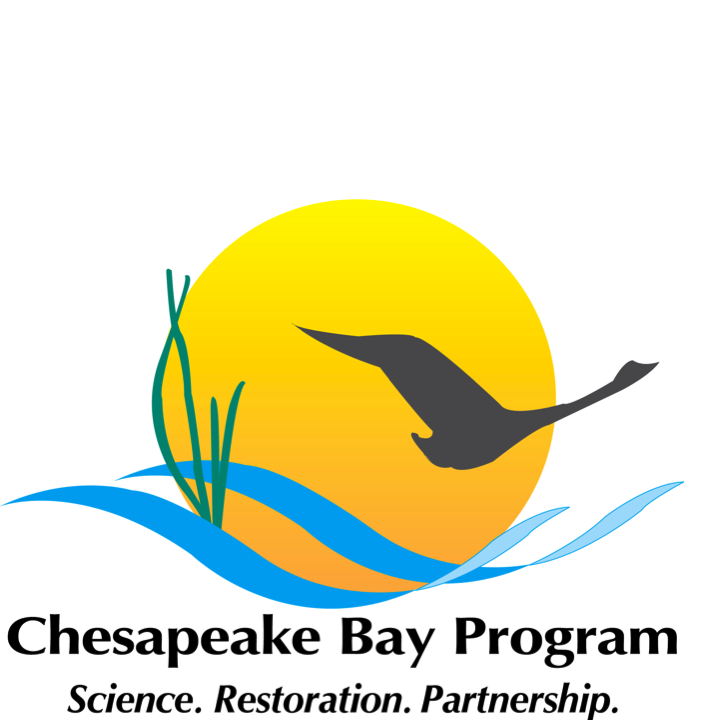
Chesapeake Bay Program : Press Center
Keep up with the Chesapeake Bay Program’s most recent restoration efforts and research. All recent press releases on the latest progress in CBP’s science and restoration efforts can be found

Keep up with the Chesapeake Bay Program’s most recent restoration efforts and research. All recent press releases on the latest progress in CBP’s science and restoration efforts can be found
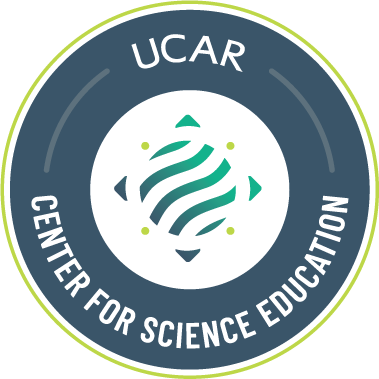
Hurricane & Sea Level Rise Resilience is a high school environmental science curriculum for use in coastal locations where hurricanes are common. Through 20 days of instruction, students make connections between
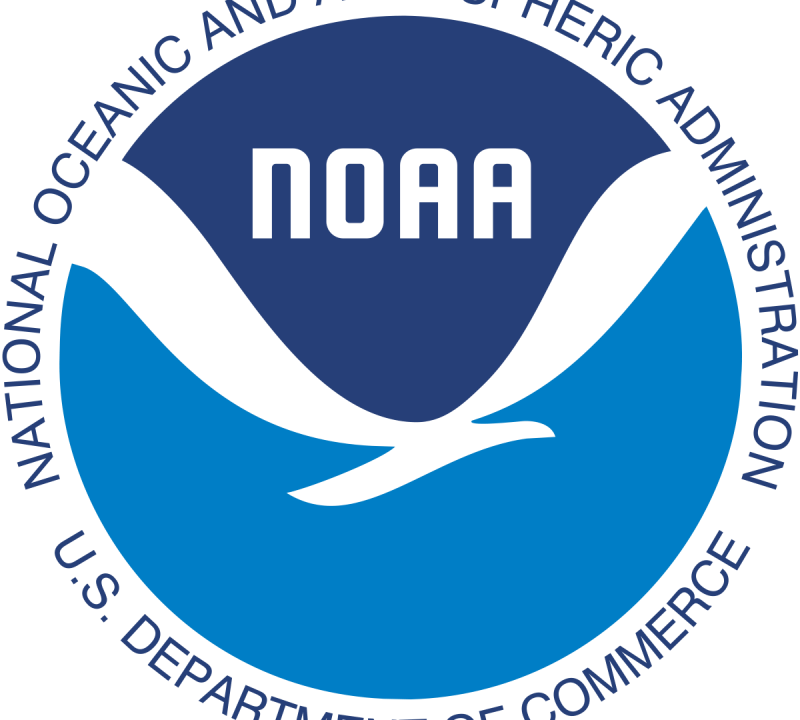
NOAA’s Community Resilience Education Theory of Change strives to provide a framework for how K-12 formal and informal education projects are critical to building community resilience against extreme weather, climate change,
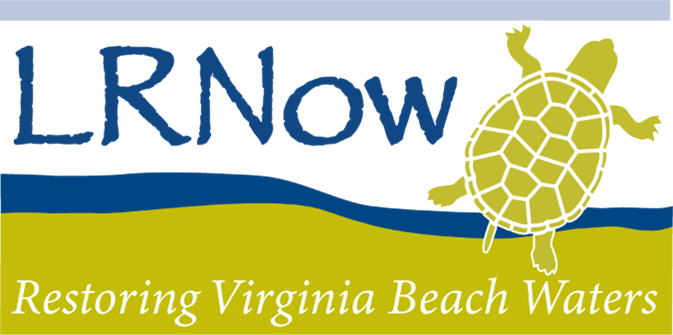
Information and links to troves of information on climate change work in Hampton Roads. View local resiliency efforts and learn what you can do to become part of the solution!
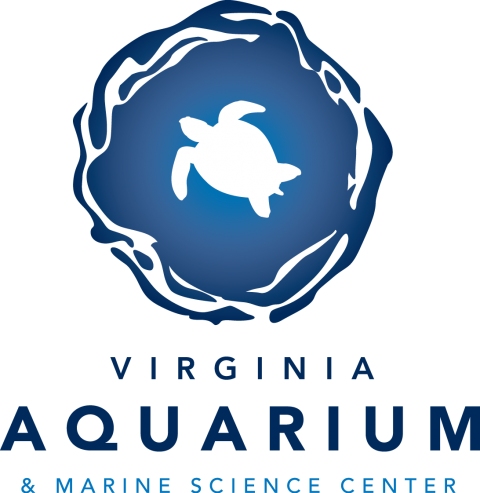
Learn all about different school programs at the Virginia Aquarium and ways to add to your science curriculum. Programs include Outreach Programs that can come to you, Field Trips to the aquarium,
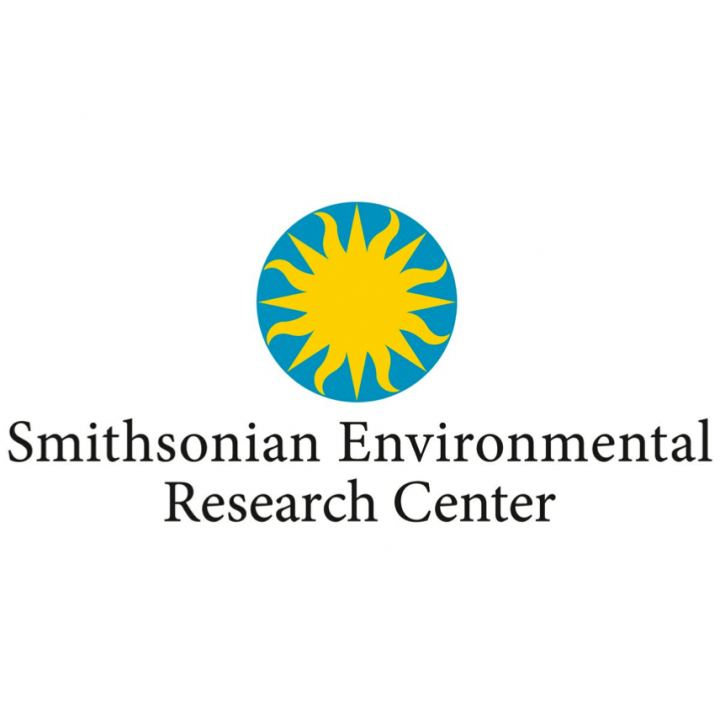
Check out SERC’s K-12 Education resources. Learn more about school programs, field trips, group programs, and volunteering. They also have a library of learning resources, along with virtual field trips
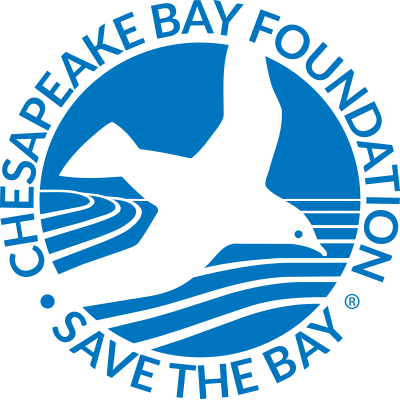
All Activities are correlated with Virginia SOLs! Enjoy tours and education programs at one of the world’s greenest buildings. Programs discuss oyster reefs, conservation, water quality, mapping, point source pollution,
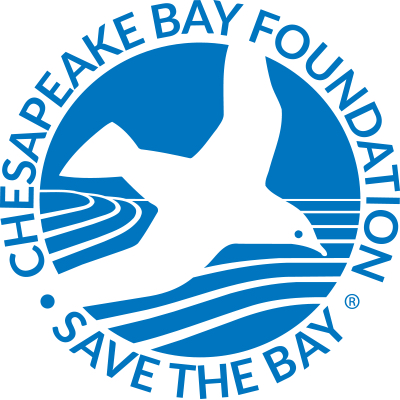
Downloadable instructions from the Chesapeake Bay Foundation on how to build your own rain barrel. Capture rainwater from downspouts to reduce runoff and have a water source during droughts using
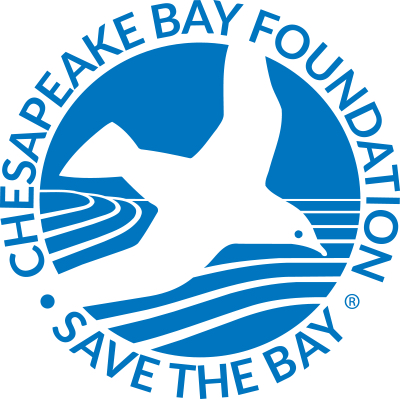
An environmental awareness club will thrill and excite your students as they learn about habitats, animals, outdoor spaces, and vegetation in the Chesapeake Bay region. This document will help you

An Educator’s Guide to the Meaningful Watershed Educational Experience (MWEE), commonly referred to as the MWEE Guide, is designed for users with varying levels of familiarity with the MWEE. It
Notifications